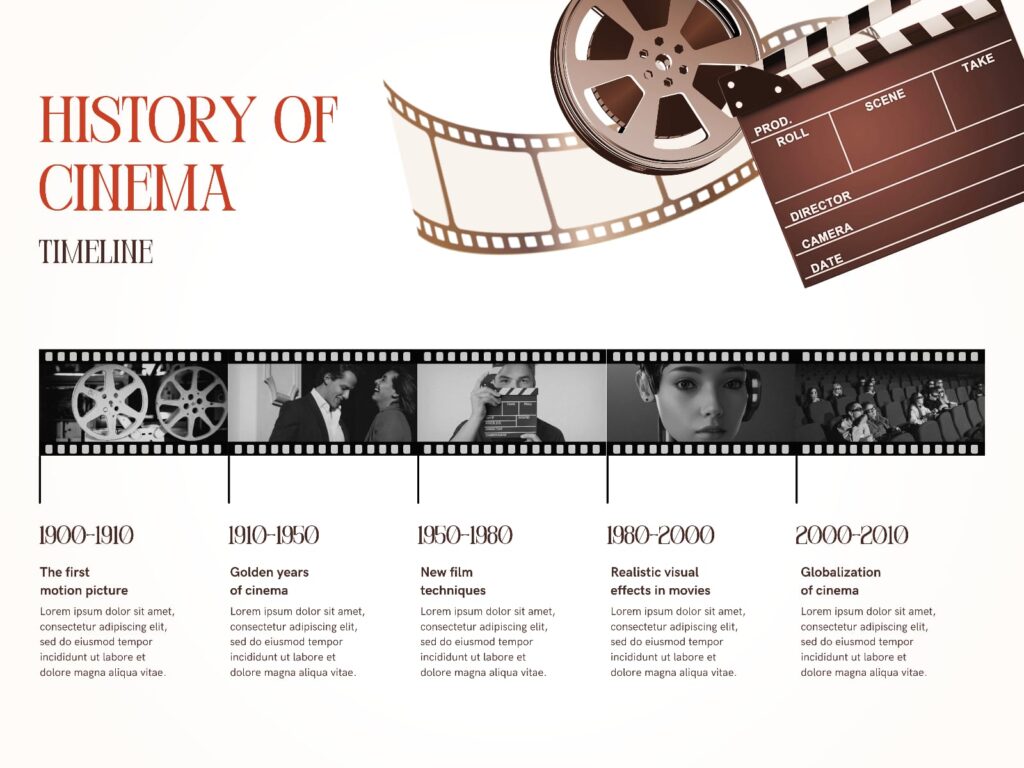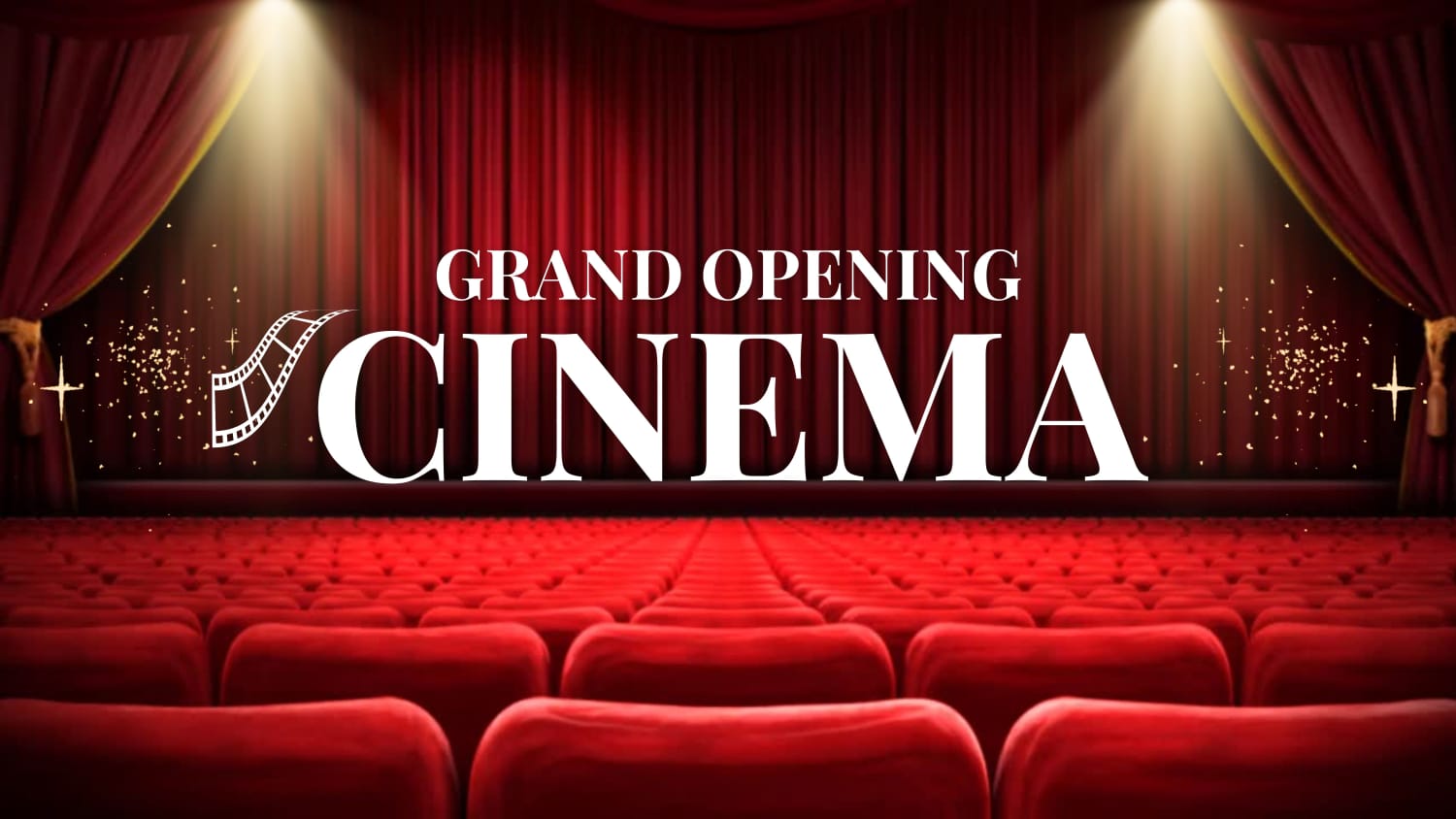France has for some time been commended as a support of film, with a rich and distinguished history that traverses north of hundred years of filmmaking development, imaginative articulation, and social impact. From the spearheading works of the Lumière Siblings to the cutting edge show-stoppers of the French New Wave, French film has made a permanent imprint on the worldwide true to life scene, molding the fine art and motivating ages of producers all over the planet. This far reaching investigation of France’s film history dives into its development, achievements, and getting through heritage as one of the most compelling and adored entertainment worlds on the planet.

- Early Beginnings: The starting points of French film can be followed back to the late nineteenth 100 years, with the creation of the movie camera by French innovators Auguste and Louis Lumière. Their pivotal creation, the Cinématographe, unveiled its presentation in Paris in 1895, denoting the introduction of film as far as we might be concerned. The Lumière Siblings’ short movies, for example, “Appearance of a Train at La Ciotat” and “Laborers Leaving the Lumière Production line,” charmed crowds with their inventive utilization of movement and authenticity, establishing the groundwork for the work of art’s future turn of events.
- Silent Era: In the early many years of the twentieth hundred years, French film thrived during the quiet film time, creating an abundance of spearheading works that displayed the medium’s true capacity for narrating and imaginative articulation. Producers like Georges Méliès, known for his imaginative utilization of embellishments and fantastical narrating in films like “An Outing to the Moon,” and Abel Gance, whose legendary quiet magnum opus “Napoleon” pushed the limits of realistic method and extension, laid out France as a force to be reckoned with of early filmmaking development.
- Golden Age: The interwar period, frequently alluded to as the “Brilliant Age” of French film, saw the rise of notorious chiefs and developments that would shape the course of film history. Chiefs like Jean Renoir, Marcel Carné, and René Clair spearheaded the improvement of lovely authenticity, a realistic style portrayed by its emphasis on regular day to day existence, social issues, and close to home profundity. Films like Renoir’s “The Guidelines of the Game” and Carné’s “Offspring of Heaven” exemplified the imaginative and topical lavishness of this period, procuring basic praise and global acknowledgment.
- French New Wave: The 1950s and 1960s saw the ascent of the French New Wave, a noteworthy development that changed the specialty of filmmaking and tested customary story shows. Driven by notorious chiefs like François Truffaut, Jean-Luc Godard, and Claude Chabrol, the New Wave dismissed the studio framework for free filmmaking, embracing a crude, unconstrained stylish portrayed by hop cuts, handheld cameras, and naturalistic exhibitions. Films like Truffaut’s “The 400 Blows,” Godard’s “Winded,” and Chabrol’s “Le Playmate Serge” encapsulated disobedience and trial and error that characterized the development, moving another age of movie producers around the world.
- Auteurs and Innovators: All through the last 50% of the twentieth 100 years and into the 21st 100 years, French film kept on flourishing, creating a different exhibit of auteurs and trend-setters who pushed the limits of the medium and investigated new wildernesses of narrating. Chiefs like Agnès Varda, known for her spearheading work in the women’s activist development and her imaginative mixing of narrative and fiction in films like “Cleo from 5 to 7,” and Jean-Pierre Jeunet, celebrated for his unusual visual style and inventive narrating in films like “Amélie,” exemplified the variety and inventiveness of French filmmaking.
- Cannes Film Festival: Since its commencement in 1946, the Cannes Film Celebration has filled in as a renowned exhibit for French and worldwide film, celebrating imaginative greatness and cultivating worldwide acknowledgment for producers from around the world. The celebration’s esteemed Palme d’Or grant, introduced yearly to the best movie in contest, has become quite possibly of the greatest distinction in the movie business, lifting the professions of chiefs like François Truffaut, Martin Scorsese, and Quentin Tarantino. Cannes has additionally been a stage for contention and discussion, with films like Jean-Luc Godard’s “Weekend” and Lars von Trier’s “Artist In obscurity” starting warmed conversations and testing shows of taste and ethical quality.
- Global Influence: French film’s impact stretches out a long ways past its lines, molding the improvement of entertainment worlds all over the planet and moving producers, everything being equal. The French New Wave, specifically, has made a permanent imprint on film, affecting chiefs like Martin Scorsese, Steven Spielberg, and Quentin Tarantino with its creative procedures and defiant soul. French entertainers and entertainers, from Jean-Paul Belmondo and Catherine Deneuve to Marion Cotillard and Juliette Binoche, have additionally collected worldwide recognition for their ability and flexibility, acquiring honors at lofty honor services like the Institute Grants and the Cannes Film Celebration.
- Diversity and Representation: as of late, French film has embraced topics of variety and portrayal, investigating issues of race, identity, orientation, and sexuality with expanding profundity and subtlety. Movie producers like Abdellatif Kechiche, known for his cozy pictures of underestimated networks in films like “Blue Is the Hottest Tone,” and Céline Sciamma

, whose works like “Representation of a Woman Ablaze” have earned recognition for their investigation of eccentric personality and female strengthening, have expanded the extent of French film and enhance voices that have generally been underrepresented in the business. Also, drives, for example, the Cannes Film Celebration’s 50/50 by 2020 promise, which means to accomplish orientation equality in celebration programming, and the Lumière Foundation’s endeavors to safeguard and advance the tradition of female producers, have added to more noteworthy perceivability and acknowledgment for ladies in French film.
- Contemporary Trends: In the 21st 100 years, French film proceeds to develop and adjust to changing social and mechanical scenes, embracing new types of narrating and contacting more extensive crowds through advanced stages and real time features. Chiefs like Olivier Assayas, Mia Hansen-Løve, and Abdellatif Kechiche keep on pushing limits with their imaginative ways to deal with account and visual style, while arising abilities like Ladj Ly, whose introduction include “Les Misérables” got basic approval and a Foundation Grant selection for Best Worldwide Element Film, offer new viewpoints on contemporary issues confronting French society.
- Cultural Safeguarding and Heritage: Notwithstanding the difficulties presented by globalization and the advanced upset, France stays focused on saving its artistic legacy and supporting human expressions through government financing, social organizations, and instructive projects. The Cinémathèque Française, established by Henri Langlois in 1936, fills in as a vault of film history, lodging a huge assortment of movies, banners, and memorabilia from around the world. Essentially, the Middle Public du Cinéma et de l’Image Animée (CNC) offers monetary help for film creation, appropriation, and safeguarding, guaranteeing that French film proceeds to flourish and move people in the future of producers.
All in all, French film’s celebrated history is a demonstration of the getting through force of narrating and the vast imagination of human creative mind. From its unassuming starting points with the Lumière Siblings to its noteworthy commitments to the craft of filmmaking, France has made a permanent imprint on the worldwide artistic scene, motivating ages of producers and captivating crowds with its immortal stories of adoration, misfortune, and human victory. As the business proceeds to develop and adjust to new difficulties and valuable open doors, French film stays a reference point of imagination, advancement, and social articulation, enhancing lives and connecting societies through the all inclusive language of film.
